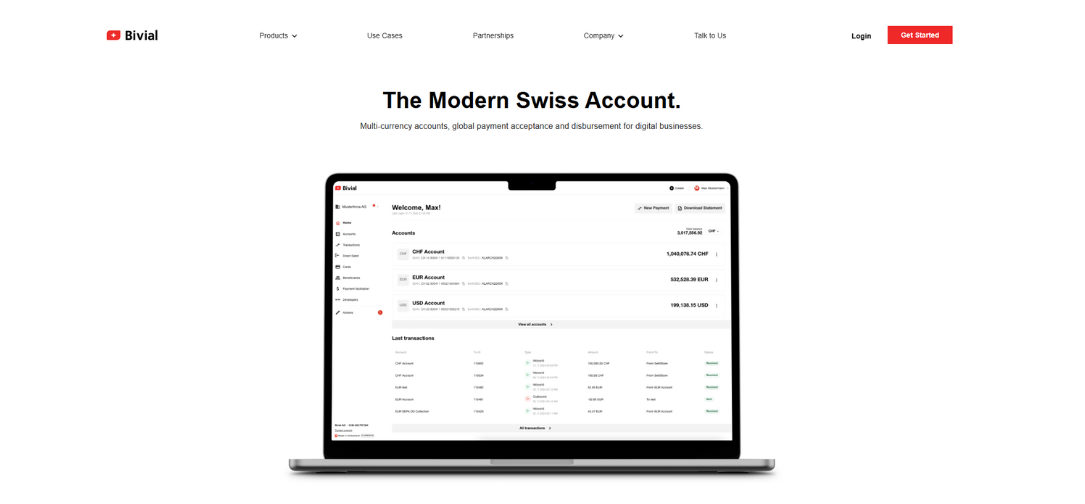Switzerland is known for precision — and that applies to its financial system as well. For business owners unfamiliar with local practices, opening a corporate account often involves more coordination than expected. Banks differ in how much information they expect and how long reviews take. The overall process tends to be structured and meticulous, which can slow things down — especially for foreign applicants.
Banks usually need more than just registration papers. They often ask for details on who runs the company, how it operates, and what direction it’s headed in — especially if the business was set up abroad. Some entrepreneurs turn to fintech solutions, which may offer greater flexibility depending on the business profile. Some firms — Bivial among them — offer account-related services designed to simplify cross-border operations and ease the paperwork burden for founders.
A few things are worth sorting out before you apply:
- Start early. Account verification can take longer than expected, especially when cross-border structures or multiple shareholders are involved.
- Prepare a complete company file. Beyond incorporation documents, banks often request details about business activities, funding sources, and beneficiary ownership.
- Communication isn’t just a formality. Banks respond better when they understand who they’re dealing with. A short call that lays out how the business works — where the money comes from, who makes the decisions — often does more than a polished PDF. This is especially true for companies with international ownership or cross-border operations. Being specific, honest, and easy to reach can move things along faster than you think.
For companies working across borders, the way a business account is set up can influence everything from daily operations to the level of trust between financial partners. In Switzerland, where precision and documentation are part of doing business, clarity often matters more than speed.



































